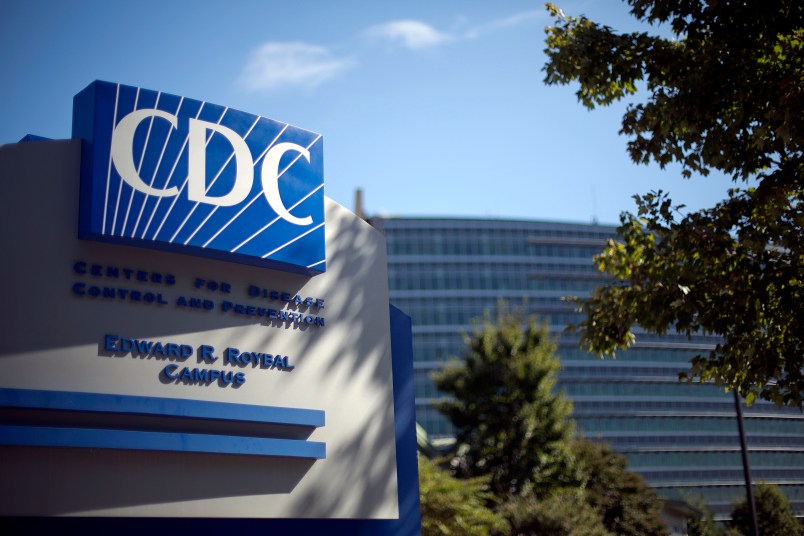The Center for Disease Control on Friday released new recommendations for HIV testing, advocating for doctors to use a new test that detects the virus more quickly.
The new testing enables medical professionals to diagnose patients with HIV during the acute phase of the virus, right after the person has been infected.
“Identifying acute infections has long been one of our nation’s biggest HIV prevention challenges, since these infections eluded traditional testing technologies,” Dr. Jonathan Mermin, the director of the CDC’s National Center for HIV/AIDS, Viral Hepatitis, STD, and TB Prevention, said in a statement. “But with consistent and widespread use of this new testing method, we can diagnose people several weeks earlier than before. CDC is supporting laboratories to adopt this new approach as quickly as possible.”
Testing used throughout the United States now cannot detect that a patient is HIV positive immediately. The tests detect antibodies built up by the body after infection, which can take up to 12 weeks. And so an individual could be HIV positive but test negative during that time period.
Additionally, during this acute phase during the first 12 weeks, people are most infectious. They have the highest chance of transmitting HIV to others, and they themselves are going untreated.
The new testing identifies the actual germ, or antigen, that causes the HIV virus and can diagnose patients with HIV 1-3 days after they have been infected.
The CDC reviewed research on the new testing at two medical centers, one of which was at the Interim Louisiana Hospital.
Dr. Lisa Moreno-Walton, the director of the HIV testing program in the emergency department at the Louisiana State University Health Sciences Center, oversaw the Interim Louisiana Hospital’s research on this new test. From a total of 77 patients screened, she was able to identify HIV in five patients during the acute phase of the virus.
Moreno said the impact of the new testing is “tremendous” and will reduce the risk of people transmitting HIV to others.
According to the CDC, of the 50,000 new HIV cases in the country each year, about half are transmitted by people who don’t know they have the virus. And nearly one in six people with HIV in the U.S. do not know they are infected.
“We would predict,” Moreno said, “that the effect downstream is going to be that there’s going to be a decrease incidence in HIV throughout the country because people will be getting diagnosed earlier.”
She said that it also enables doctors to treat patients sooner, which will increase the lifespan of those diagnosed with HIV.
“The soonest we get people into treatment, the earliest we get people into treatment, the longer they’ll live and the healthier of a life that they’re going to have,” Moreno said.
Moreno said she was “encouraged” by the interest other medical facilities have taken in the test. She said a number of places have purchased the machine necessary to run the test. Moreno said that while the machine itself is expensive, the test itself is inexpensive and relatively easy to run.







Good news. Let’s never forget that Ronald Reagan delayed real AIDS research.